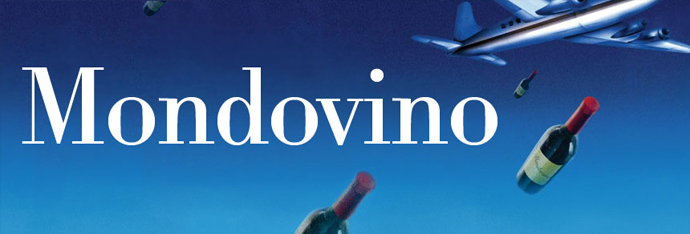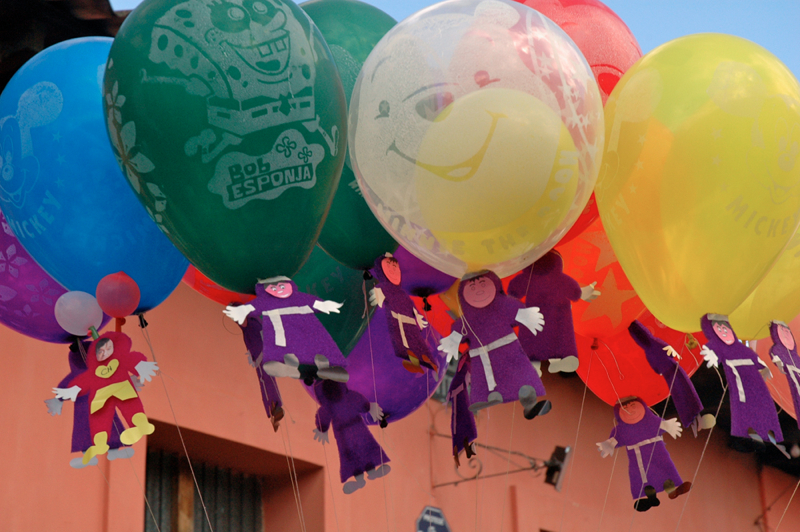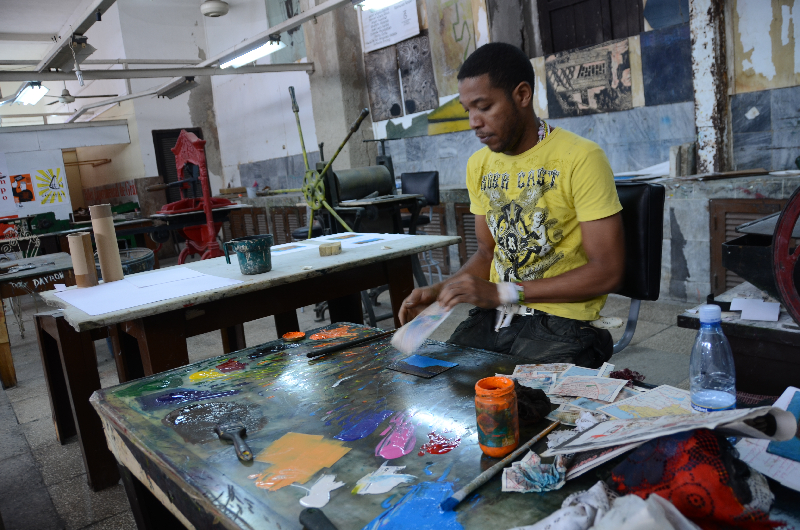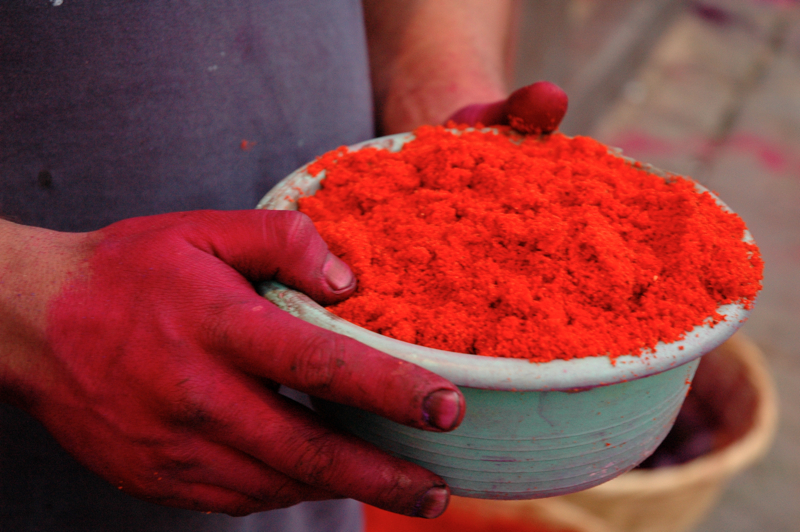
As the founder of a micro-enterprise specializing in hand-crafted travel, I greatly admire individuals in many fields who cherish the integrity of their craft and who maintain a deep respect for local culture and traditions.
As friends and family know, I’m also a big fan of grapes, especially in their post-fermented state! So it’s no surprise perhaps, that an old film called Mondovino (1997) recently caught my eye.
This French documentary probes the modern evolution in the wine industry and comes to a rather unflattering conclusion. “Wine is dead” says one of the film’s weathered protagonists early on. This sets the tone as the film goes on to excoriate what it sees as an ominous triumvirate of money, marketing & PR which is squeezing out artisan producers who remain rooted in tradition & terroir.
Of course drama is often heightened via boldly drawn villains & heroes and Mondovino is not exactly nuanced in the black & white characterization of its protagonists. This is documentary filmmaking with editing that reflects back the strongly held views of its creators. “It takes a poet to make a great wine” asserts Aime Guibert, a deeply-rooted winemaker in Languedoc, France. The filmmakers seem to agree.
In Mondovino’s worldview, a handful of industry titans, amongst them Robert Parker, the Mondavi family and Michel Rolland (globetrotting wine consultant to over 100 wineries) are painted as ego-driven, voracious power brokers with little regard for either tradition or terroir.
The message is that wine is being homogenized by these high-powered consultants, superstar critics and powerful family oligarchs. In the process, a wine culture once celebrated for its diversity and strong sense of place is now lurching dangerously towards global homogeneity, with geographically indistinguishable flavor profiles created in laboratories to please the palette of these select market-bending influence-makers. “People have lost their identity, their sense of where they come from” concludes flatly Battista Columbu, a wizened, old-school winemaker from Sardinia.
At times the film can come across as heavy-handed. For example, an attempt to tie past generations of wealthy Italian wine families to their support of Fascism and Mussolini seems both unnecessary and overreaching.
Another distraction from an otherwise compelling story is a bizarre choreographic fixation with dogs, dozens of which draw the focus of the camera throughout the film. OK, as long as we’re on the subject, Robert Parker’s toothy, flatulent bulldog gets my vote for best supporting canine 🙂
Putting aside these flaws, at the heart of the film is a deep respect for diversity, terroir and tradition. The film both exposes and throws a skeptical gaze on a world if wine increasingly driven by PR, profits and power to the detriment of craft, integrity and individuality.
In this sense, this is a story-line that resonates in many aspects of modern culture. We live in a time when hundreds of the world’s remarkable languages are disappearing at a precipitous rate and many non-Western lifestyles and traditional, local food ways are in endangered due to economic pressures to modernize and conform.
So let’s raise a glass to passionate artisans everywhere, to individuality, to a celebration of diversity and admiration for a genuine sense of place in an increasingly homogenous world.
¡Salud!




